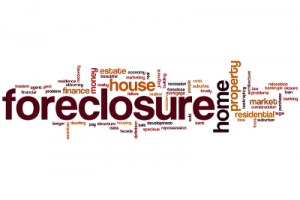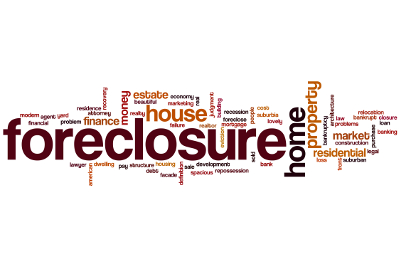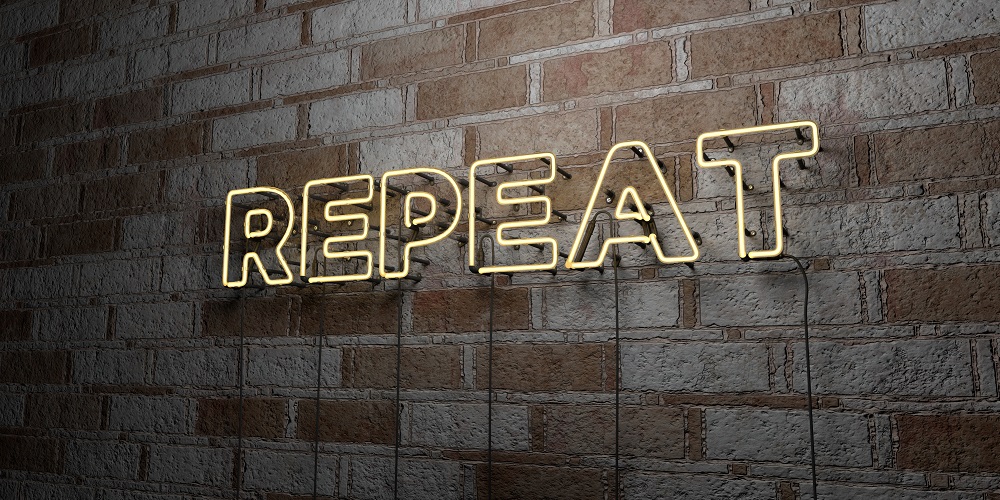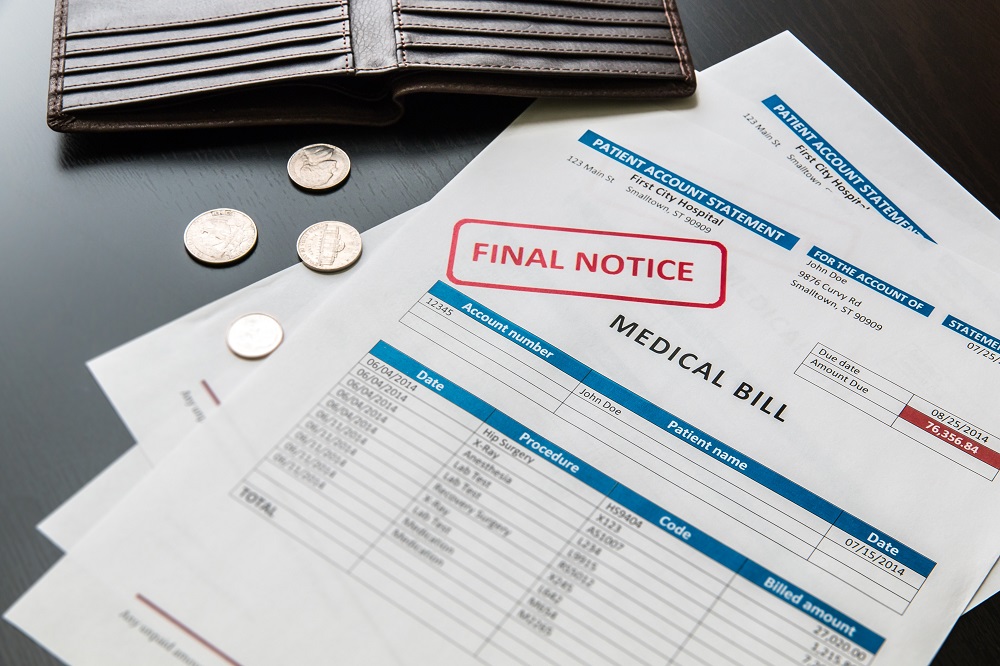Can You File Bankruptcy to Stop Foreclosure in Arizona?
Losing your home is always a disastrous experience but it feels even more daunting at a time of a serious financial difficulty. Needless to say, you will do everything in your power to stop a foreclosure and keep your property. Can one file bankruptcy to stop foreclosure in Arizona? The answer to this question will depend on several factors. The automatic stay is in place to protect you and your property but this stay could be temporary when it comes to mortgage payments.
Filing for a Chapter 7 Bankruptcy
A Chapter 7 bankruptcy can be used to discharge many kinds of unsecured debt. Unfortunately, the mortgage is a secured debt that comes with collateral in the form of the property itself.
Whenever you’ve been late on mortgage payments and you’re experiencing serious financial difficulties, you may want to initiate the Arizona Chapter 7 bankruptcy process. As soon as you file for bankruptcy, an automatic stay will come into effect. The aim of the automatic stay is to prevent creditors from attempting to collect debt.
The automatic stay is only temporary when it comes to mortgage payments. You may get a certain period of time that you can use for the purpose of getting back on your feet. Once the period is over, however, your mortgage payments will not be discharged and you will be expected to start making them once again.
The Arizona Homestead Exemption
Another very important thing to understand is the Arizona exemptions – the type of property that can’t be taken away for the purpose of paying off debt.
A homestead exemption applies to residential property.
Under Arizona law, the homestead exemption applies to the first 150,000 dollars in equity. This amount is protected whenever a person files for a Chapter 7 bankruptcy.
 Here’s a real-life example to illustrate the concept. If you have a house worth 250,000 dollars and you owe 100,000 dollars in mortgage payments, you will then have 150,000 dollars in home equity. Thus, your house will be protected when you file for bankruptcy because it falls within the state limits.
Here’s a real-life example to illustrate the concept. If you have a house worth 250,000 dollars and you owe 100,000 dollars in mortgage payments, you will then have 150,000 dollars in home equity. Thus, your house will be protected when you file for bankruptcy because it falls within the state limits.
If the remaining portion of the property is worth more than 150,000 dollars, however, the court may order the liquidation of the home equity for the purpose of paying off creditors. Being slightly over the limit is usually not a cause of concern.
Even in this situation, you still have to keep on paying the mortgage after filing for a Chapter 7 bankruptcy. If you are very late with the payments and a large sum has accumulated, a creditor will probably be capable of getting a permission from court for the purpose of starting the foreclosure process.
Considering a Chapter 13 Bankruptcy
If you are falling behind on mortgage payments, you may want to consider a Chapter 13 rather than a Chapter 7 bankruptcy. The Chapter 13 bankruptcy will allow you to make the payments but these will be a bit more lenient, allowing you to keep the property while you attempt to get back on your feet.
An Arizona Chapter 13 bankruptcy allows for the creation of a payment plan that will typically last three to five years. If you are behind on 20,000 dollars in mortgage payments, for example, you can come up with a specific arrangement that allows the sum to be repaid in three to five years. The monthly installments will be relatively small, making it easier to tackle the debt.
A Chapter 13 bankruptcy also allows for the restructuring of other kinds of debt, improving personal cash flow.
Anyone who is facing a foreclosure should see an attorney to discuss both Chapter 7 and Chapter 13 bankruptcy possibilities. Both of these can either slow down or prevent the foreclosure and choosing one or the other, to file bankruptcy to stop foreclosure, will depend on the specifics of the situation.





